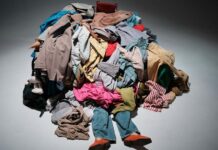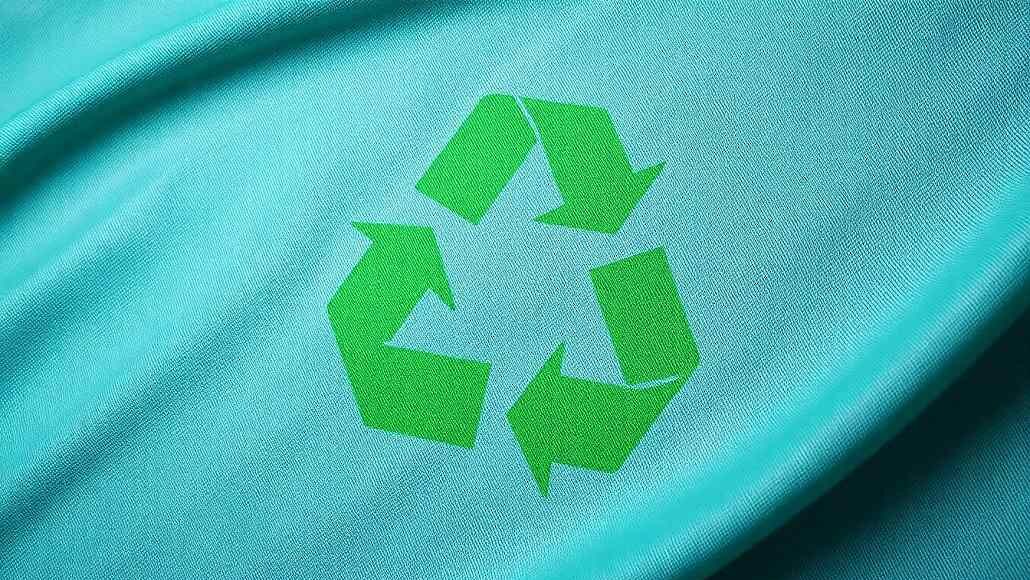The Secondary Materials and Recycled Textiles Association (SMART) has raised serious concerns regarding the proposed reclassification of used textiles as “hazardous waste.” The organization warns that this decision could potentially dismantle established circular economy systems that currently manage textile reuse and recycling effectively.
In its recent submission to the Basel Convention Secretariat and the United Nations Environment Programme (UNEP), SMART asserted that the existing system for managing materials not only supports millions of jobs but also significantly reduces the volume of textiles sent to landfills.
Jessica Franken, SMART’s head of government affairs, stated, “Used textiles are not waste – they are the backbone of the global circular economy. If we classify secondhand clothing as hazardous or waste, we risk destroying the very system that is already delivering real environmental and social impact at scale.”
Key points from SMART’s letter emphasize the following concerns:
- The organization argues that the proposals to classify textiles as hazardous waste under the Basel Convention are founded on inaccurate or incomplete data. Peer-reviewed research shows that unusable items account for only a small percentage of the total.
- The trade of secondhand clothing provides economic stability in regions such as Africa, Latin America, Asia, and Europe, creating millions of jobs, encouraging small businesses, offering affordable clothing options, and contributing to GDP and government revenues. SMART cautions that imposing restrictions could have detrimental effects on these economies.
- Keeping used textiles in circulation reduces their environmental footprint, and removing the option for reuse would hinder advancements toward sustainable production and consumption models.
- SMART contends that secondhand textiles do not meet the criteria for hazardous waste, and applying Basel regulations misrepresents these materials unless they are shown to be contaminated.
- The association warns that enforcing regulations from wealthier nations on lower-income countries could lead to “policy colonialism,” undermining local governance and pushing trade into unregulated arenas.
- Additionally, SMART emphasizes that textile waste should not be equated with plastic waste, as textiles are designed for recycling and reuse instead of single-use. The organization argues for addressing issues such as microfibre pollution through improved product design and responsible production, rather than by imposing trade restrictions.
Recommendations from SMART on Textile Waste Classification
SMART urges UNEP and parties to the Basel Convention to distinctly differentiate between reusable items and true waste within international trade frameworks, specifically about the trade codes HS 6309 and 6310.
The organization calls for the acknowledgment of separate pathways for textile reuse and recycling to maintain legitimate circular trade. It asks for a rejection of any proposals that would classify used textiles as hazardous waste or subject them to Prior Informed Consent processes.
Instead, SMART advocates for regulatory efforts to concentrate on upstream factors like overproduction and fast fashion, promoting Extended Producer Responsibility policies to tackle the core sources of textile waste.

































